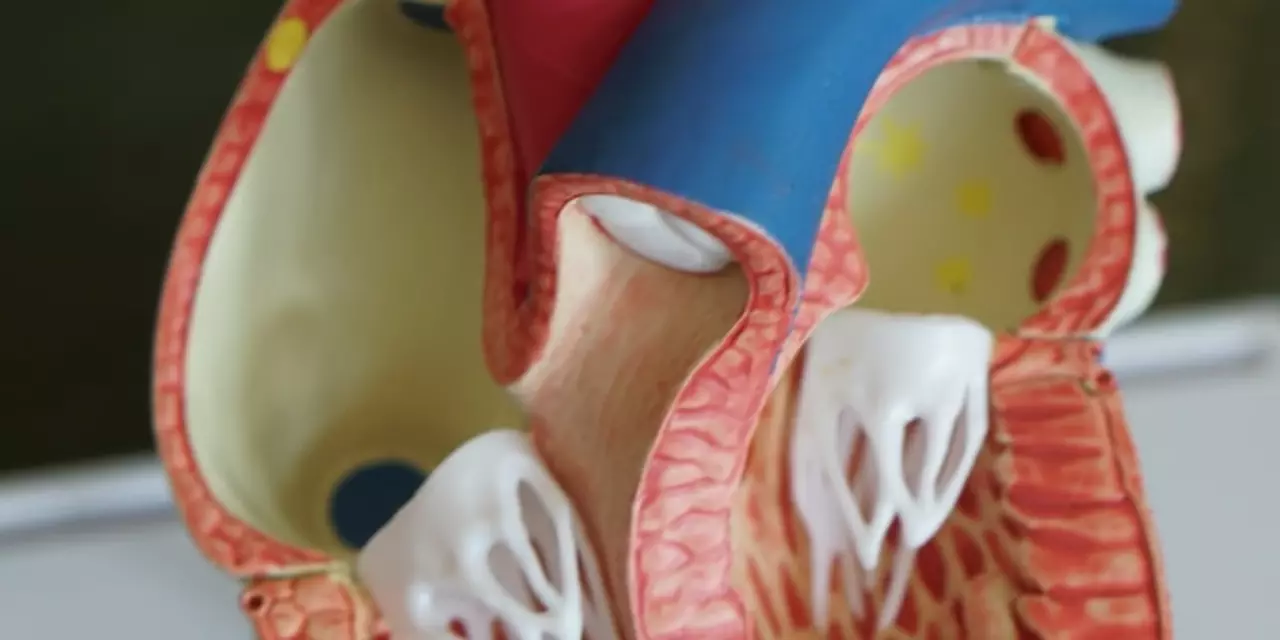High Blood Pressure: What It Is and Why It Matters for Your Game
If you’ve ever heard the term “high blood pressure” and wondered if it’s something you can ignore, think again. It’s a condition where the force of blood against your artery walls stays higher than normal for a long time. Over time that extra pressure can damage the heart, kidneys, and even your ability to move well on the field or court.
Most people don’t feel any symptoms, which is why it’s called a silent problem. The only way to know if you have it is to check your numbers. A reading of 130/80 mmHg or higher is usually flagged as high. Knowing this early lets you take steps before it turns into something serious.
How High Blood Pressure Affects Sports Performance
When you exercise, your heart pumps harder to deliver oxygen. If your blood pressure is already high, that extra workload can make you tire faster, feel short‑of‑breath, or even get dizzy. In sports that need quick bursts of speed—like sprinting, football, or basketball—those effects become even more noticeable.
Even endurance activities aren’t exempt. A high‑pressure system can limit blood flow to muscles, which means you’re not getting the fuel you need. That’s why many athletes get regular check‑ups; they want to keep their numbers in a safe range so they can train hard without risking injury.
Easy Ways to Keep Blood Pressure in Check
1. Move more, sit less: You don’t need a marathon every day. A 30‑minute walk, a bike ride, or a quick session of body‑weight exercises can lower pressure.
2. Watch your salt: Processed foods often hide a lot of sodium. Try swapping chips for fresh fruit or nuts, and season meals with herbs instead of salt.
3. Stay hydrated: Dehydration makes the blood thicker, which can raise pressure. Aim for about eight glasses of water a day, more if you’re sweating a lot.
4. Limit alcohol and quit smoking: Both habits raise blood pressure and hurt lung capacity, which matters a lot for sports.
5. Manage stress: Deep breathing, short meditation breaks, or even a quick jog can calm the nervous system and lower numbers.
Putting a few of these habits into your routine can make a noticeable difference. You might see your readings drop a few points after just a couple of weeks.
Remember, high blood pressure isn’t a life sentence. With the right lifestyle tweaks and regular monitoring, you can stay healthy and keep performing at your best. If you’re unsure about your numbers, grab a home monitor or visit your local pharmacy. A quick check can give you peace of mind and a clear plan for moving forward.
So, next time you lace up your shoes, think about both the sweat on the court and the pressure in your veins. A balanced approach helps you stay strong, fast, and ready for any game.





